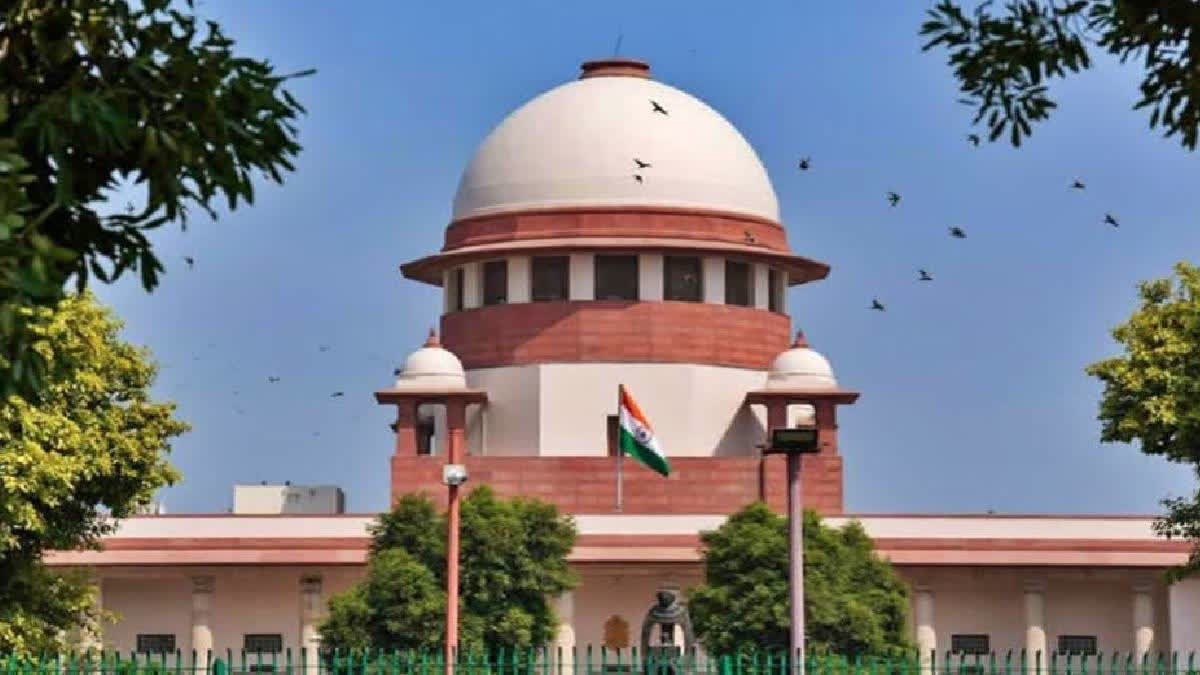New Delhi:A two-judge bench of the Supreme Court delivered a split verdict on Monday on the plea of a Christian man from Chhattisgarh's Bastar region seeking the burial of his father who died a natural death on January 7 either in the burial ground of their native Chhindwada village or on his private agricultural land.
The bench comprising Justices B V Nagarathna and Satish Chandra Sharma delivered a verdict on the plea filed by Ramesh Baghel, who moved the apex court challenging a Chhattisgarh High Court order.
The high court had disposed of his plea seeking the burial of his father, Subhas Baghel a pastor, in the area specified for the burial of Christians in the village graveyard. Baghel said while villagers had "aggressively objected" to the burial, police threatened him with legal action. Subhas died due to old age complications on January 7. Since then his body has been kept at a mortuary in Jagdalpur.
In her verdict, Justice Nagarathna allowed Baghel’s plea to bury his father on his private property. However, Justice Sharma did not agree with her opinion and held that the burial could be held only in the area designated for Christians, which is located 20 to 25 km from the petitioner’s native place.
The two-judge bench did not refer the matter to a three-judge bench and directed that the petitioner bury his father at the Christian burial ground located 20-25 km from his native village. The bench ordered the state government and the local authorities to provide the petitioner with all logistical support and adequate police protection.
Justice Nagarathna said the matter was about petitioner's father being accorded a dignified burial. Criticizing the local authorities in the village, as the petitioner could not bury his father as per his wishes, Justice Nagarathna said such an attitude of the local authorities at the village level or higher level "indicates betrayal of the sublime principle of secularism and glorious traditions of our country".
“Secularism together with the concept of fraternity…is a reflection of harmony between all religious faiths leading to common brotherhood and unity of the social fabric in the country," said Justice Nagarathna.
